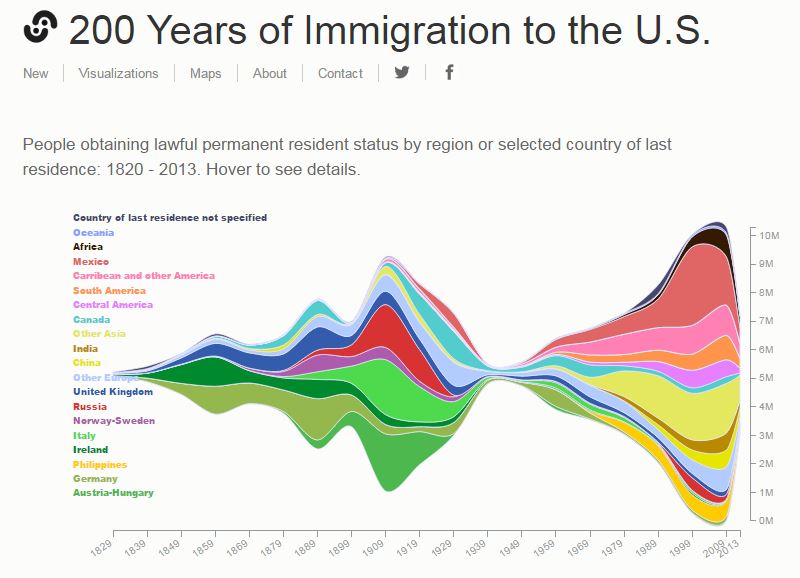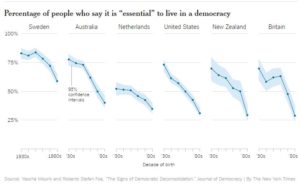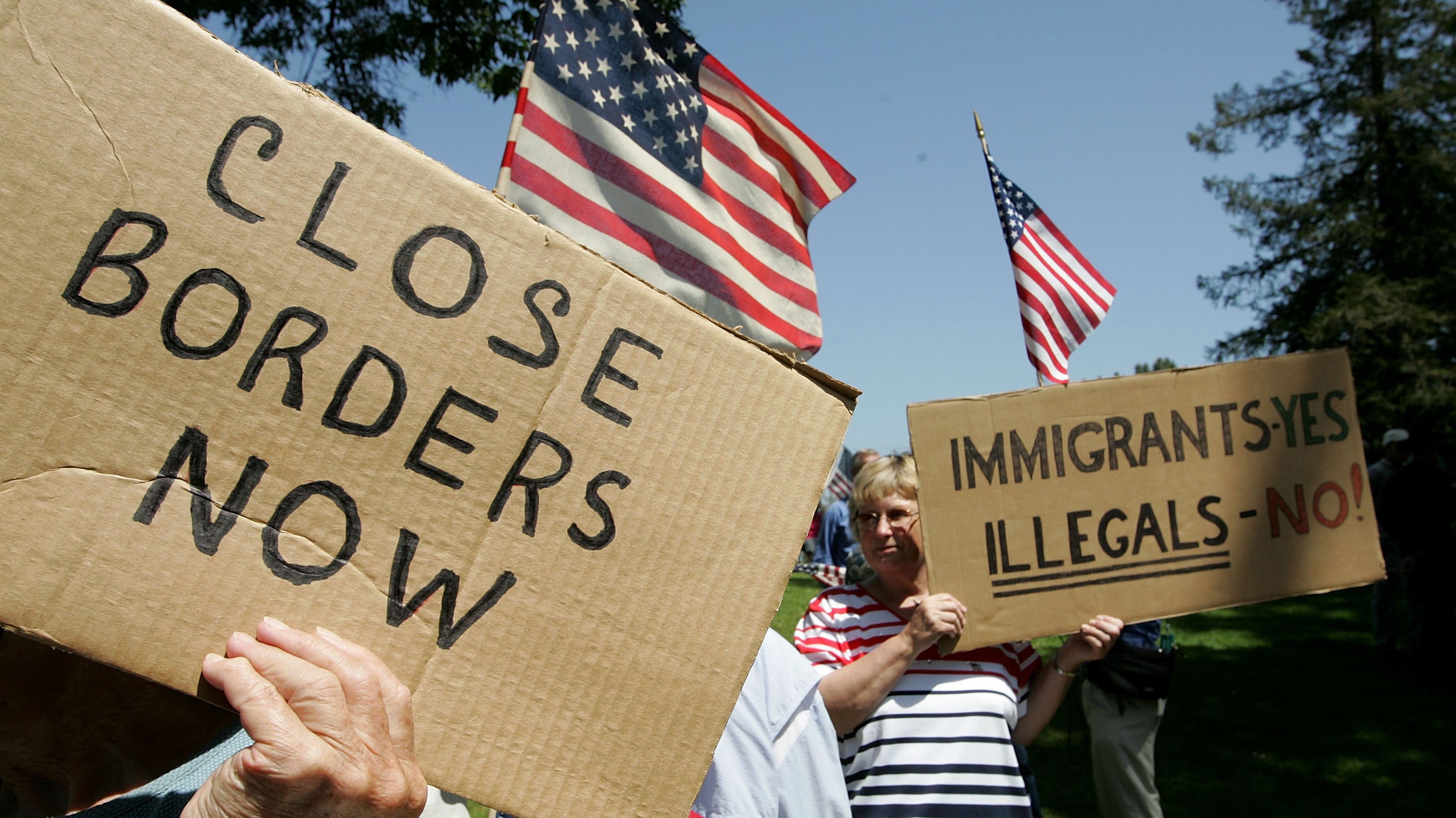Last Day of Class, Extra Credit, & Final Exam (Dec 6-18)
by admin - December 3rd, 2018
Thurs Dec 6 is our last day of class, and YOU will be the presenters. Prepare a 2-minute oral presentation to present your project to the class (10 points). Consult the CITIZEN Project Guidelines and Rubric for details. AND submit electronically, via email or Google doc, a 150-200 word abstract for your paper (5 points). Use past student abstracts as examples. I will also hand out the Final Exam Study Guide. Any REVISIONS of your project final draft are due back (electronically also – via email or Google doc) are due by 11:59 pm on Dec 6.
Bonus / Extra Credit: Evening of Dec 6 – @ReadingthePictures salon “The Visual Representation of the US/Mexico Border Wall in the Media”, live online webcast 7:30 – 9:00 pm. Free, but pre-registration required.
Mon Dec 10 is the last day of WSU classes. Though we’re not having class that day, submit a 2 (or more) page Reflection Paper, that offers a thorough reflection of your process and progress with the CITIZEN Project assignment, explaining how this project helped your course learning (5 points). You can send this electronically or put a printed copy in my office mailbox, Sullivan 327-D.
There will be a comprehensive Final Exam on Tuesday, Dec 18 at 12:30 pm, covering the entire semester’s topics and content (40 points). It will be OPEN BOOKS but NOT OPEN NOTEBOOK, i.e. you may bring & use the Bellamy and Waldman books and the Course Reader during the exam.
Grading: I will enter your Attendance and Participation grade into Blackboard and update your other grades by December 11, so by then you will know where you stand without the 40-point final exam grade.
If at that point, you feel you might benefit from extra credit, here are some options you can do, between Dec 6 – 18. Each one worth up to 5 points, but extra credit is not guaranteed and cannot be used to replace missing coursework.
Participate in the @ReadingThePictures Dec 6 online Salon event, and write a 2-3 response paper.
I’ve been collecting and tagging things I find on Twitter with #CitizenNation. Take a look at things I’ve tagged, and respond to all / any of them with a 2-3 page response paper connecting the news item to our course topics and/or to your own course learning.
Listen to a podcast about the migrant caravan (noting the date it was recorded) and write a 2-3 page report about the podcast’s coverage of this event and, if relevant, what’s happened since then. Some examples: Bipartisan Policy, Oct 26 / Lawfare Blog, Oct 27 / New Yorker, Nov 5 / Slate Trumpcast, Nov 12 / New York Times Daily, Nov 21 / Voice of San Diego, Nov 30
Watch a PBS Frontline documentary about Immigration policy, and write a 2-3 page review of the film, incorporating your course learning about the historical background of immigration.
Lost in Detention (October 18, 2011)
Immigration Battle (October 20, 2015)
Separated: Children At the Border (July 31, 2018)
Watch the MTV documentary “White People,” made by Jose Antonio Vargas (author of the essay we read for Dec 4’s class), and write a 2-3 page film review, connecting the documentary to our course topics.







